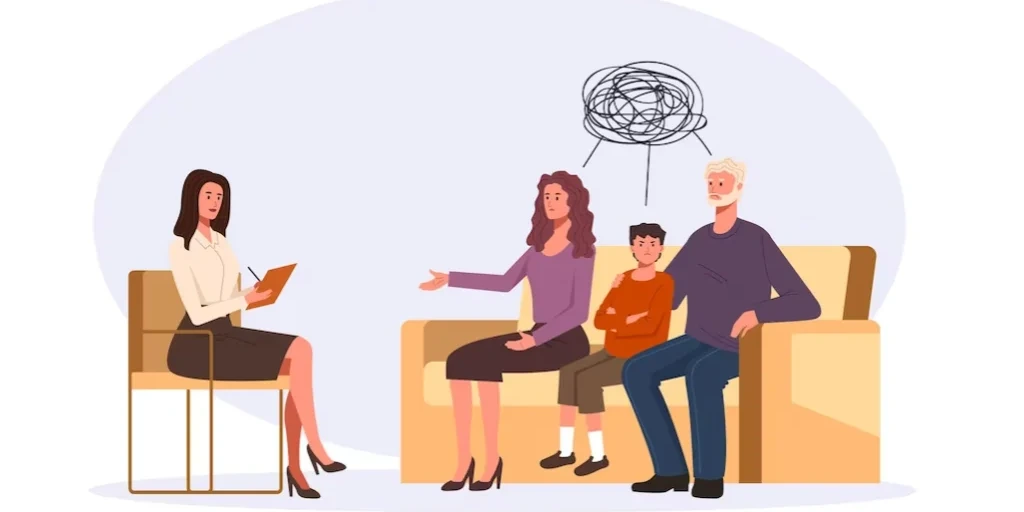24/7 Helpline:
(866) 899-111424/7 Helpline:
(866) 899-1114
Learn more about Opioid Rehab centers in Bloomington
Opioid Rehab in Other Cities













Other Insurance Options

UMR

Self-pay options

Molina Healthcare

Evernorth

Multiplan

CareSource

United Health Care

PHCS Network

Regence

WellPoint

Ceridian

BHS | Behavioral Health Systems

Kaiser Permanente

BlueCross

CareFirst

Cigna

Oxford

Ambetter

Group Health Incorporated
Beacon